
Amman: The Heartbeat of Jordan
Amman, the capital of Jordan, is a city where the ancient and modern worlds blend seamlessly. This vibrant metropolis, perched on seven hills, offers a rich tapestry of history, culture, and culinary delights. From ancient ruins to bustling bazaars, Amman has something for every traveler. Start your journey in the Citadel, a historic site that offers panoramic views of the city. Here, you can explore remnants of ancient civilizations, including the Roman Temple of Hercules and the Umayyad Palace. Just a short walk away, the Roman Theater, a magnificent structure built in the 2nd century, still hosts performances and events today. For a taste of local life, stroll through the bustling streets of downtown Amman. Visit the traditional souks where you can haggle for spices, textiles, and handcrafted goods. Don't miss Rainbow Street, a lively area filled with cafes, art galleries, and shops. It's the perfect place to unwind and enjoy a cup of Jordanian coffee. Amman is also a food lover's paradise. Savor traditional Jordanian dishes such as mansaf, a lamb dish cooked in fermented yogurt, or enjoy mezze plates filled with hummus, falafel, and tabbouleh. The city's diverse culinary scene also includes international cuisine, reflecting its cosmopolitan nature. Whether you're a history buff, a foodie, or an adventure seeker, Amman offers a unique blend of experiences that will leave you enchanted.
Local tips in Amman
- Wear comfortable shoes as Amman's terrain is hilly and you'll be doing a lot of walking.
- Visit the Citadel early in the morning or late in the afternoon to avoid crowds and the midday heat.
- Use local taxis or ride-hailing apps like Uber and Careem for convenient transportation.
- Try to learn a few basic phrases in Arabic; locals appreciate the effort and it can enhance your experience.
- Stay hydrated and carry bottled water, especially during the hot summer months.
Neighbourhoods in Amman
Amman: The Heartbeat of Jordan
Amman, the capital of Jordan, is a city where the ancient and modern worlds blend seamlessly. This vibrant metropolis, perched on seven hills, offers a rich tapestry of history, culture, and culinary delights. From ancient ruins to bustling bazaars, Amman has something for every traveler. Start your journey in the Citadel, a historic site that offers panoramic views of the city. Here, you can explore remnants of ancient civilizations, including the Roman Temple of Hercules and the Umayyad Palace. Just a short walk away, the Roman Theater, a magnificent structure built in the 2nd century, still hosts performances and events today. For a taste of local life, stroll through the bustling streets of downtown Amman. Visit the traditional souks where you can haggle for spices, textiles, and handcrafted goods. Don't miss Rainbow Street, a lively area filled with cafes, art galleries, and shops. It's the perfect place to unwind and enjoy a cup of Jordanian coffee. Amman is also a food lover's paradise. Savor traditional Jordanian dishes such as mansaf, a lamb dish cooked in fermented yogurt, or enjoy mezze plates filled with hummus, falafel, and tabbouleh. The city's diverse culinary scene also includes international cuisine, reflecting its cosmopolitan nature. Whether you're a history buff, a foodie, or an adventure seeker, Amman offers a unique blend of experiences that will leave you enchanted.
When is the best time to go to Amman?
Iconic landmarks you can’t miss
Amman Citadel
Discover the Amman Citadel, a historical landmark that showcases Jordan's rich heritage and offers stunning views of the city.
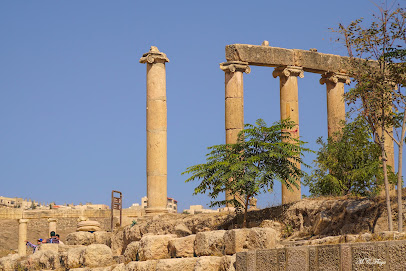
Roman Theater
Discover the ancient Roman Theater in Amman, a stunning landmark that brings history to life with its breathtaking architecture and rich cultural heritage.
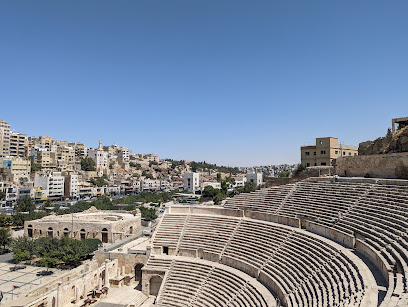
Amman National Park
Immerse yourself in nature's beauty and explore the historical treasures of Amman National Park, an essential destination for every traveler.
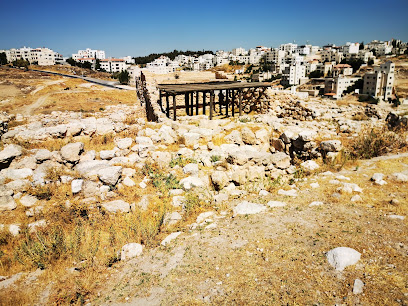
The Jordan Museum
Explore Jordan’s rich heritage at The Jordan Museum, where ancient history and modern culture come alive through captivating exhibits and artifacts.
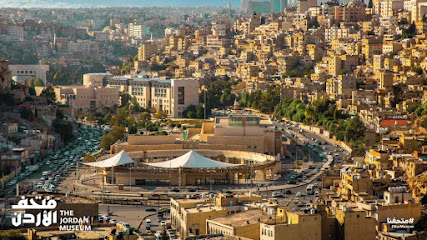
Landmark Amman Hotel & Conference Center
Experience luxury and comfort at Landmark Amman Hotel & Conference Center, your gateway to exploring the vibrant culture of Jordan.
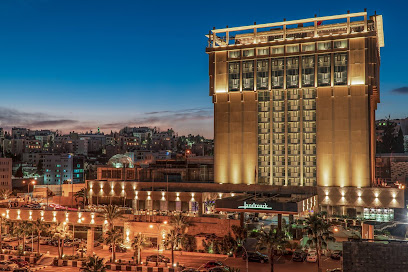
King Abdullah I Mosque
Explore the architectural beauty and cultural richness of King Abdullah I Mosque, a must-see landmark in Amman, Jordan, blending history and spirituality.

King Abdullah II Park
Experience tranquility and culture at King Abdullah II Park, Amman’s lush state park ideal for recreation, relaxation, and local events.
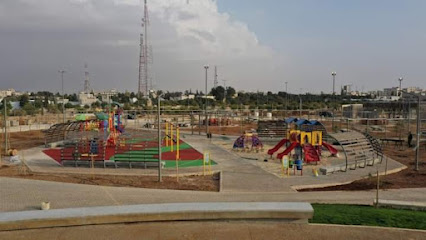
Roman Temple of Hercules
Discover the awe-inspiring Roman Temple of Hercules in Amman, a historical landmark that reveals the grandeur of ancient Roman civilization.
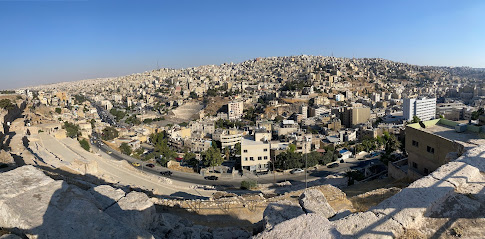
Zahran Park
Discover the serenity of Zahran Park, Amman's lush escape, perfect for relaxation, family outings, and cultural experiences amidst nature's beauty.
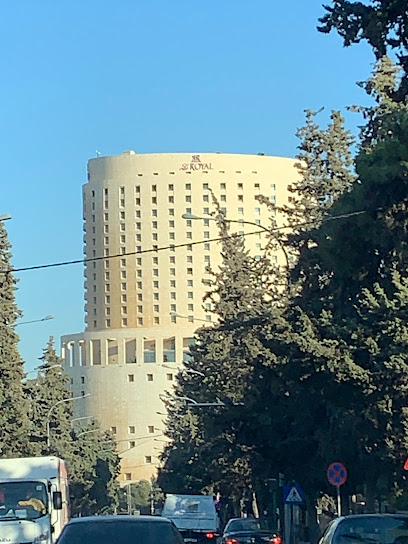
وسط البلد
Experience the tranquility of وسط البلد, a beautiful garden oasis in Amman perfect for relaxation, culture, and nature lovers.
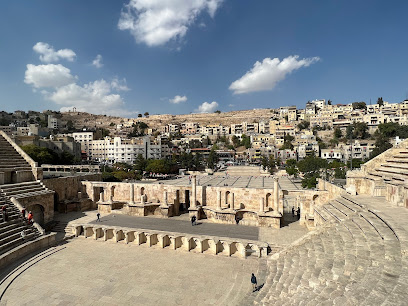
Roman Nymphaeum
Explore the Roman Nymphaeum in Amman, a stunning historical landmark showcasing the splendor of ancient Roman architecture and culture.
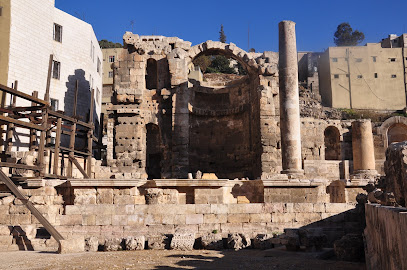
Jordan National Gallery of Fine Arts
Explore the Jordan National Gallery of Fine Arts, a cultural haven showcasing modern and contemporary art from Jordan and the Arab world.
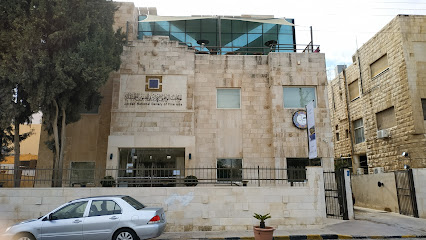
Old Signs of Amman Museum
Discover the rich cultural tapestry of Amman at the Old Signs of Amman Museum, where vintage signage tells the stories of the city's vibrant history.
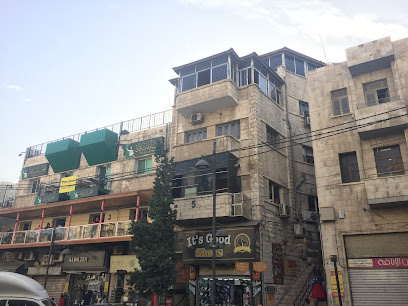
Qasr Al-Abed
Discover Qasr Al-Abed, an ancient Hellenistic castle in Amman, Jordan, showcasing exquisite architecture and a rich historical narrative.
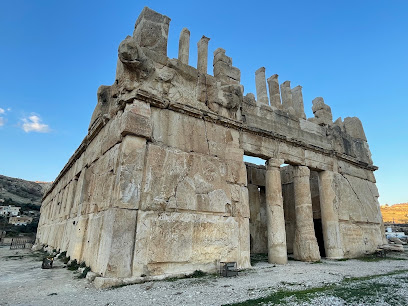
Darat al Funun-The Khalid Shoman Foundation
Discover contemporary art, archaeology, and literature at Darat al Funun, a premier cultural hub in Amman, Jordan, perfect for art lovers and history enthusiasts.
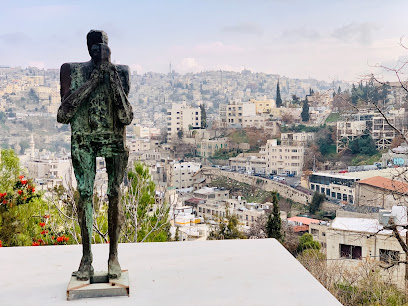
Unmissable attractions to see
Archaeological Site of Jerash
Step back in time at Jerash, one of the world's best-preserved Roman cities, where ancient history and stunning architecture await every visitor.
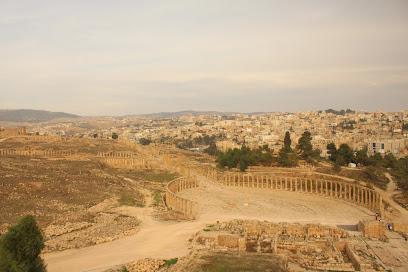
Ajloun Castle
Explore the historical marvel of Ajloun Castle, a majestic fortress offering stunning views and rich history in the heart of Jordan.
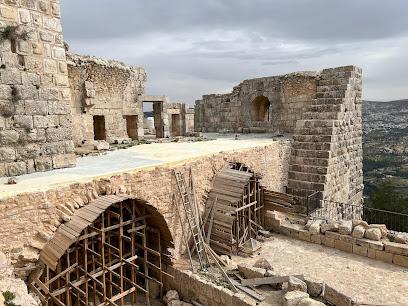
Amman National Park
Experience the natural beauty and peaceful ambiance of Amman National Park, a green oasis in the heart of Jordan's vibrant capital.
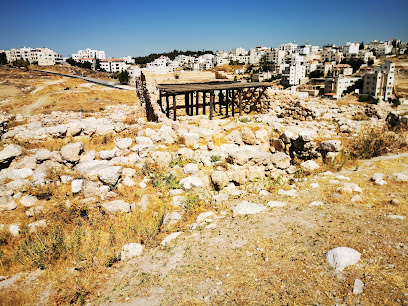
Ma'in Hot Springs
Discover the natural beauty and therapeutic wonders of Ma'in Hot Springs, a premier destination for relaxation and adventure in Jordan.

Qumran National Park
Discover the ancient secrets of Qumran National Park, a historical landmark rich with archaeological wonders and breathtaking desert landscapes.
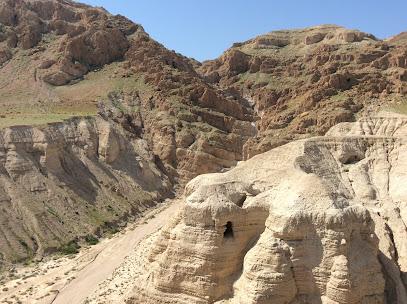
King Abdullah I Mosque
Discover the enchanting beauty of King Abdullah I Mosque, a cultural and spiritual landmark in the heart of Amman, Jordan.
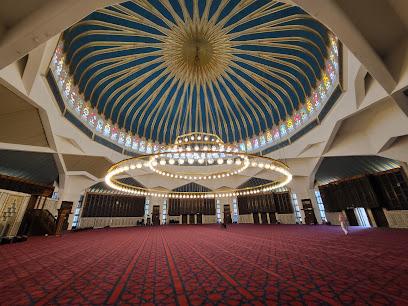
King Abdullah II Park
Explore King Abdullah II Park in Amman, a serene green space offering beautiful landscapes, recreational activities, and cultural events for an unforgettable experience.
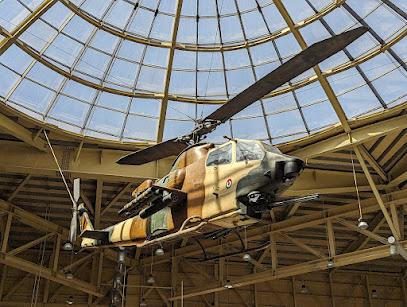
Prince Hashem Bird Garden
Discover the beauty of avian life at Prince Hashem Bird Garden, a serene escape in Amman, perfect for families and nature lovers.
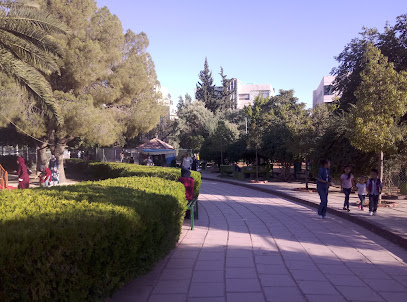
The Baptismal Site of Jesus Christ
Discover the sacred Baptismal Site of Jesus Christ in Juwafat al-Kafrayn, a historical landmark that enriches your journey with faith and heritage.
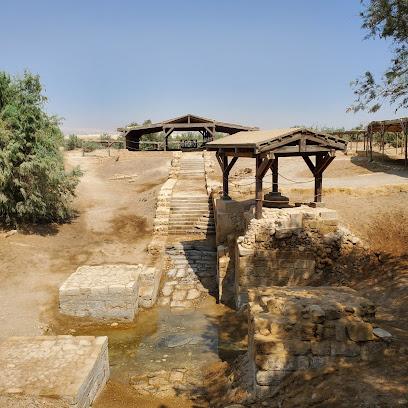
The Royal Automobile Museum
Explore the legacy of automotive innovation at The Royal Automobile Museum in Amman, showcasing over 200 iconic vehicles and their stories.

Qasr el Yahud
Explore Qasr el Yahud, the historic baptismal site in the Jordan River, where spirituality and history converge in a serene landscape.
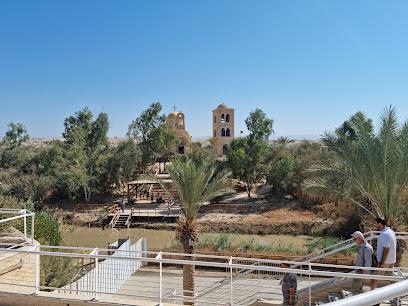
St George's Greek Orthodox Church
Explore the historical St. George's Greek Orthodox Church in Madaba, home to the stunning Madaba Map and rich in Christian heritage.
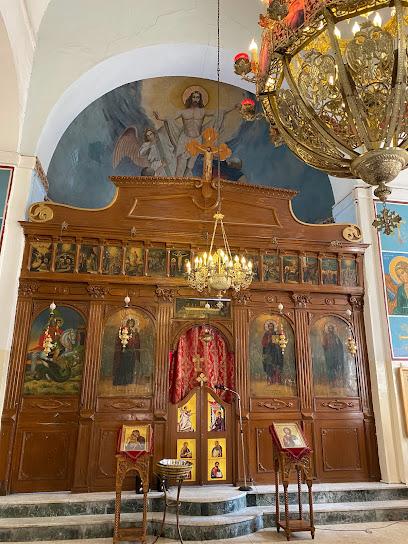
The Jordan Museum
Explore the rich history of Jordan at The Jordan Museum, where ancient artifacts and modern exhibits tell the fascinating story of this remarkable region.
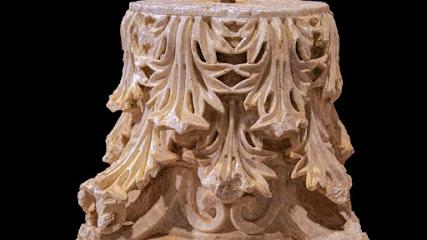
Haya Cultural Center
Explore the Haya Cultural Center in Amman - a harmonious blend of cultural activities and nature's beauty.
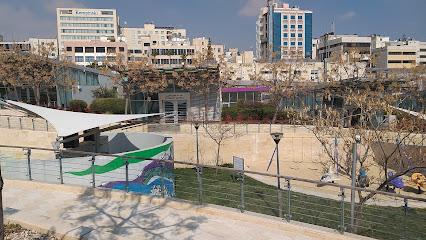
The Royal Tank Museum متحف الدبابات الملكي
Discover the Royal Tank Museum in Amman - a captivating journey through military history with an impressive collection of armored vehicles and exhibits.
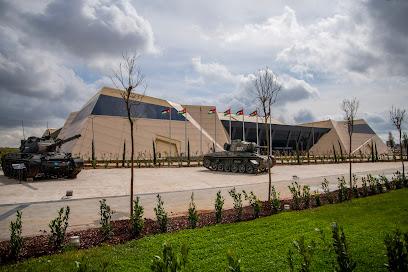
Essential places to dine
Jubran || جبران || Amman Abdali Boulevard
Discover authentic Lebanese flavors at Jubran on Abdali Boulevard - a premier destination for Middle Eastern cuisine in Amman.
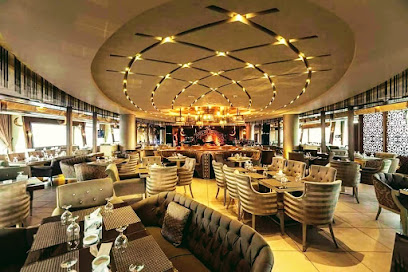
Hashem Restaurant Down Town
Savor authentic Middle Eastern flavors at Hashem Restaurant in downtown Amman—home of legendary falafel and unforgettable dining experiences.
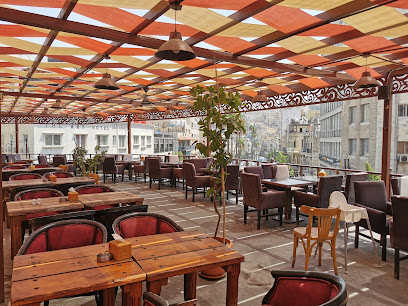
Tawaheen AlHawa
Discover Tawaheen AlHawa in Amman for an authentic Jordanian culinary experience amidst stunning views and warm hospitality.
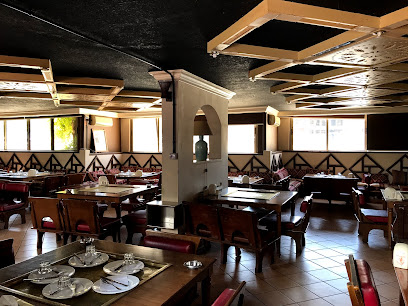
Fakhreldin Restaurant
Discover exquisite Lebanese flavors at Fakhreldin Restaurant in Amman - where tradition meets taste in every dish.
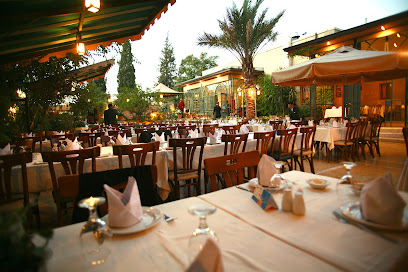
La Capitale Restaurant
Experience exquisite French cuisine at La Capitale Restaurant in Amman - where elegance meets culinary artistry.
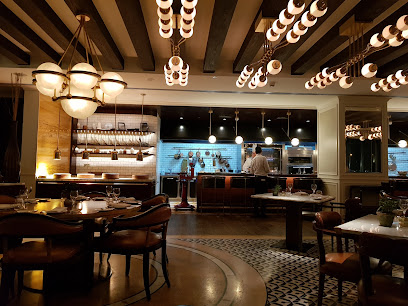
Levant Restaurant
Savor authentic Armenian cuisine at Levant Restaurant in Amman—an exquisite dining experience steeped in tradition and flavor.
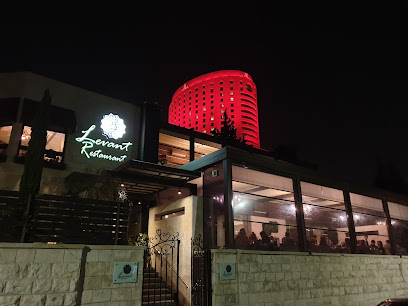
Sufra Restaurant
Experience authentic Jordanian cuisine at Sufra Restaurant in Amman - where family-friendly dining meets rich Middle Eastern flavors.
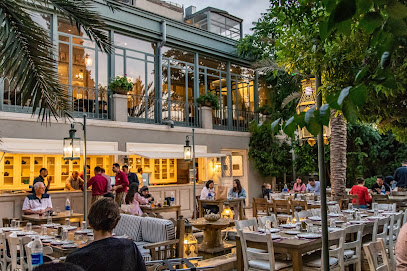
Wild Jordan Center
Experience authentic Jordanian flavors at Wild Jordan Center while enjoying stunning views and local culture in Amman.

Lucca Steakhouse
Discover the best steak dining experience at Lucca Steakhouse in Amman - where flavor meets elegance.
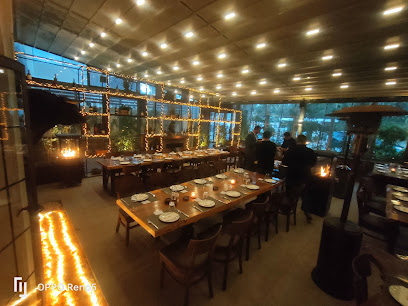
HIGH GARDEN Rooftop
Experience breathtaking views and exquisite flavors at HIGH GARDEN Rooftop - Amman's ultimate destination for brunch and cocktails.
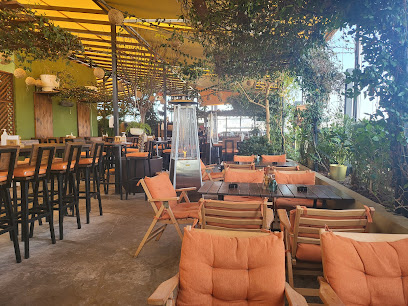
Kan Zaman
Experience the rich flavors of Middle Eastern cuisine at Kan Zaman, where every meal tells a story in the heart of Amman.
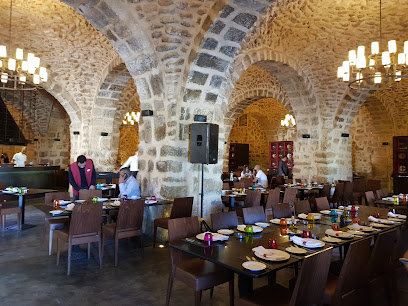
Romero Restaurant
Discover the essence of Italian cuisine at Romero Restaurant in Amman—where every dish is crafted with passion and tradition.
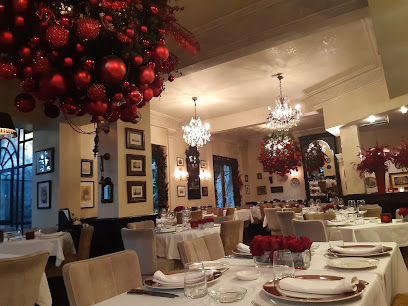
Fatatri فططري
Discover the flavors of Middle Eastern cuisine at Fatatri فططري - where every meal is a celebration of taste and tradition.
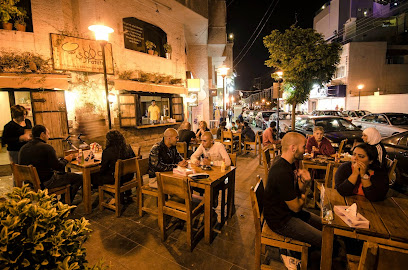
Jordan Heritage Restaurant مطعم ارث الاردن
Experience authentic Jordanian cuisine at its finest in Amman's beloved dining destination.
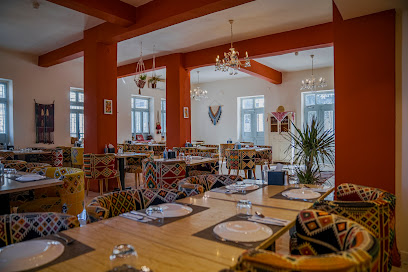
Bourj Al Hamam
Savor authentic Lebanese cuisine in a luxurious setting at Bourj Al Hamam, where tradition meets elegance in Amman.
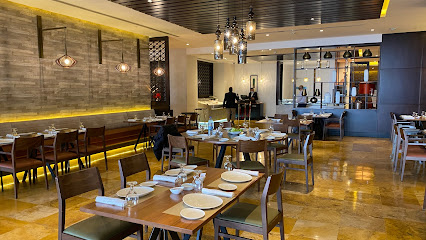
Markets, malls and hidden boutiques
City Mall
Explore City Mall in Amman for an unforgettable shopping, dining, and entertainment experience in the heart of Jordan.
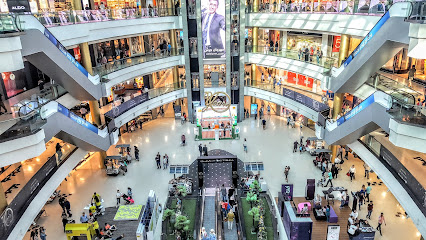
Abdali Mall
Discover Abdali Mall, Amman's premier shopping destination for fashion, dining, and entertainment in a vibrant atmosphere.
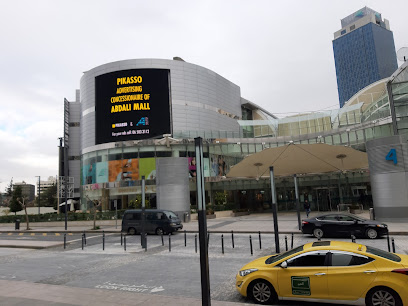
Mecca Mall
Experience shopping, dining, and entertainment at Mecca Mall, the ultimate destination in Amman for a vibrant and fulfilling day out.
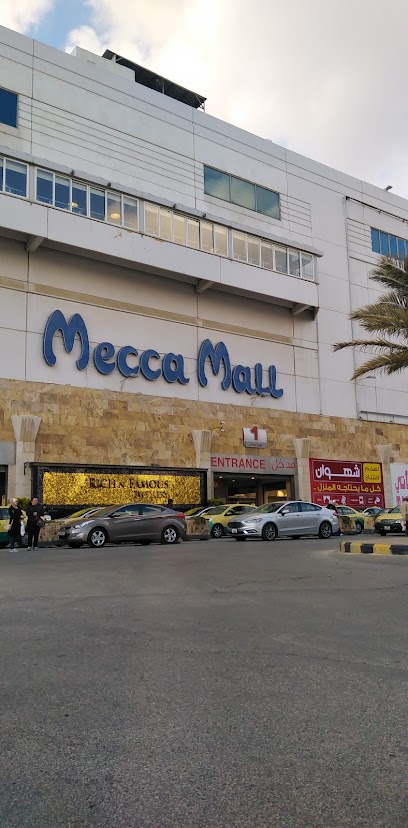
Taj Lifestyle Center
Experience the ultimate shopping and entertainment destination at Taj Lifestyle Center, Amman's hub for style, food, and fun.
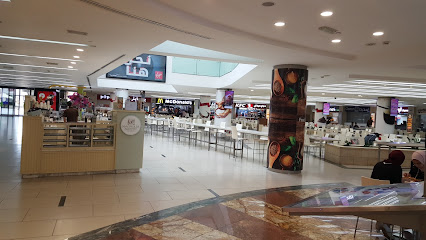
MostWanted Store DownTown
Explore MostWanted Store in Downtown Amman for unique gifts and local crafts that embody the spirit of Jordanian culture.
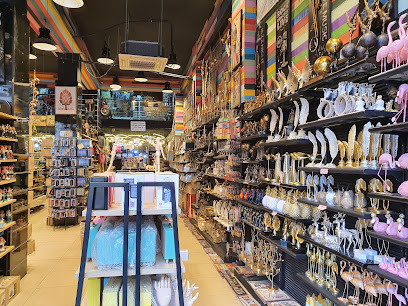
Jordan Craft Center
Uncover exquisite handicrafts and cultural treasures at the Jordan Craft Center, a must-visit for tourists in Amman seeking authentic Jordanian artistry.
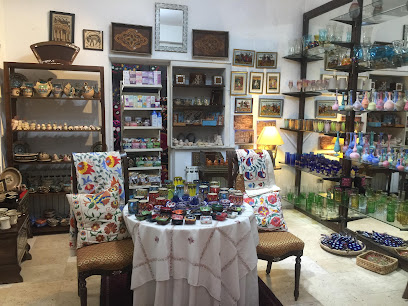
Miss Universe Boutique (MUB)
Experience luxury and personalized fashion at Miss Universe Boutique in Amman, where every dress is a masterpiece tailored for you.

Jordan River Designs
Explore Jordan River Designs in Amman for unique gifts and authentic Jordanian souvenirs that reflect the rich cultural heritage of the region.
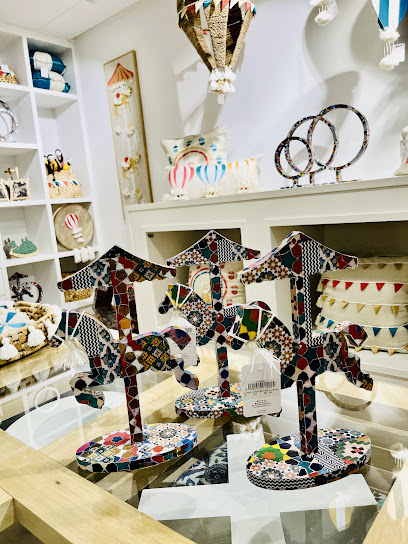
Jo Shop
Explore Jo Shop in Amman for unique handcrafted souvenirs that capture the essence of Jordanian culture and artistry.
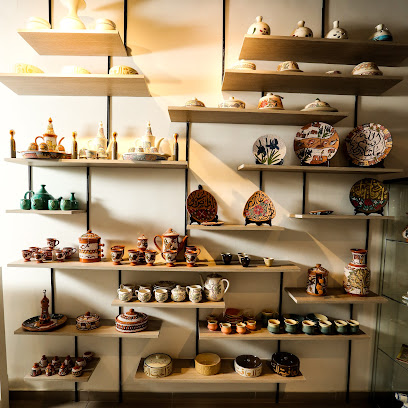
FNL Rainbow St. شارع الرينبو
Explore FNL Rainbow St. in Amman for unique gifts, stylish apparel, and a taste of local culture in a vibrant shopping atmosphere.
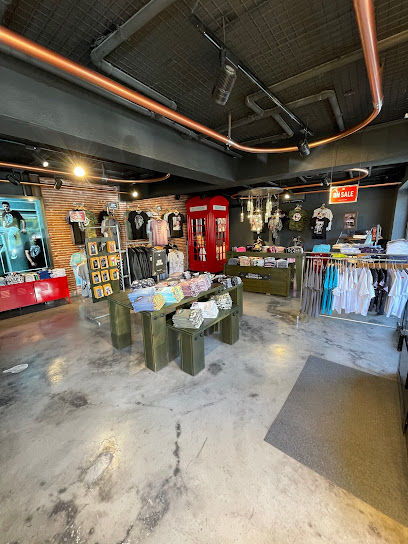
All From Jordan
Explore the beauty of Jordanian crafts and cosmetics at All From Jordan, a treasure trove of handmade artistry and local beauty products.
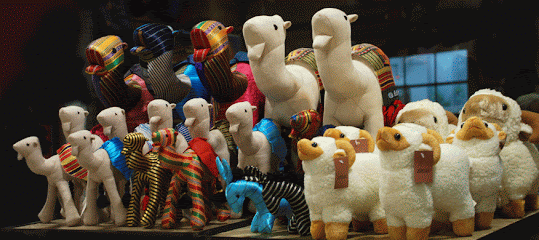
Decoration One | Amman
Explore Decoration One in Amman for unique gifts, antiques, and household treasures that capture Jordan's rich cultural heritage.
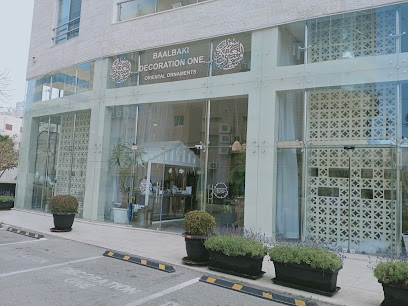
Noumani Bazaar
Explore Noumani Bazaar in Amman for unique souvenirs and a taste of Jordan's rich culture through handcrafted goods and local artistry.
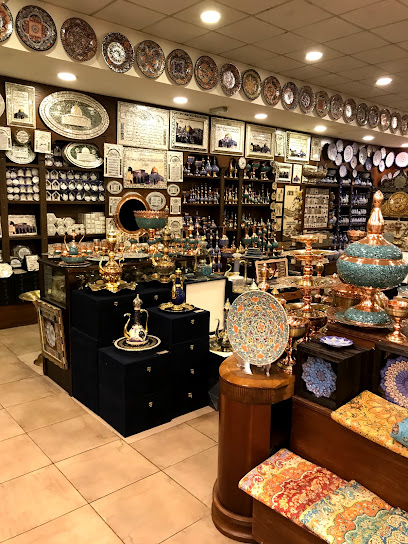
Atique
Explore Atique in Amman for a unique antique shopping experience with rare collectibles and rich cultural history.
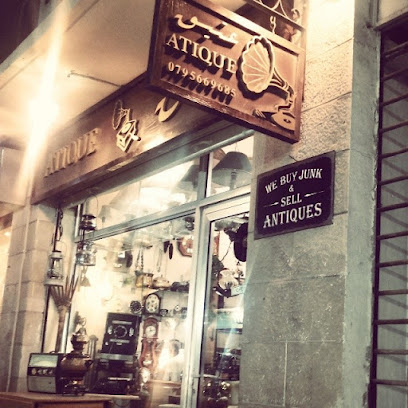
Love on a Bike
Explore the unique artistry and handmade treasures at Love on a Bike, a must-visit shop for tourists in Amman, Jordan.

Essential bars & hidden hideouts
HIGH GARDEN Rooftop
Experience breathtaking views and exquisite dining at HIGH GARDEN Rooftop in Amman, where culinary delights meet stunning cityscapes.
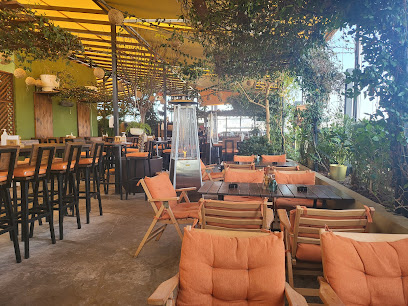
The Corner's Pub
Discover the vibrant atmosphere and delightful menu at The Corner's Pub in Amman, where locals and tourists unite over great food and drinks.
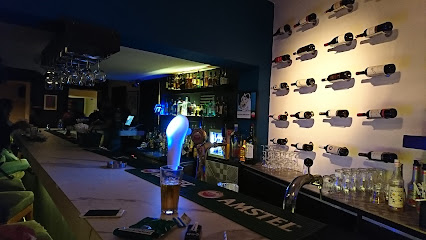
Cantaloupe Gastro Pub
Discover the vibrant flavors and lively atmosphere at Cantaloupe Gastro Pub, Amman's top gastropub for culinary delights and unforgettable nights.
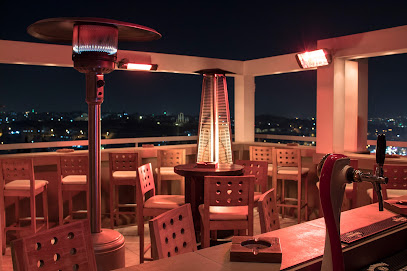
Good Pub
Discover Good Pub: A lively bar in Amman offering a vibrant atmosphere, diverse drinks, and the perfect place to experience local nightlife.
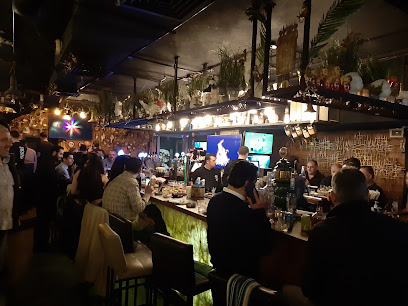
Dubliners
Discover the heart of Ireland at Dubliners in Amman, where traditional dishes and lively music await every visitor.
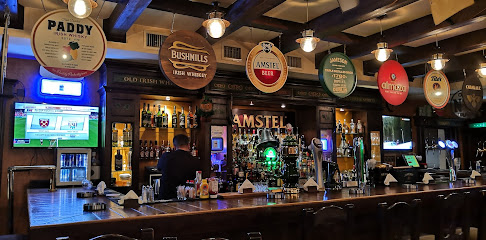
Murphy's - House of Rock
Experience the lively charm of Murphy's - House of Rock in Amman, where delicious food, refreshing drinks, and live music create unforgettable moments.
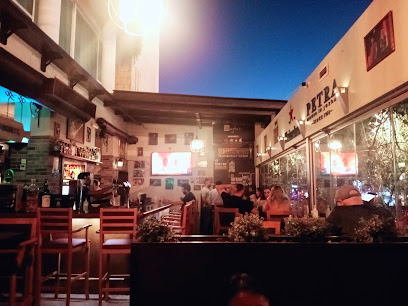
SNUG
Experience the warmth of Jordanian hospitality at The Snug, a cozy pub-restaurant in Amman offering a delightful menu and vibrant atmosphere.
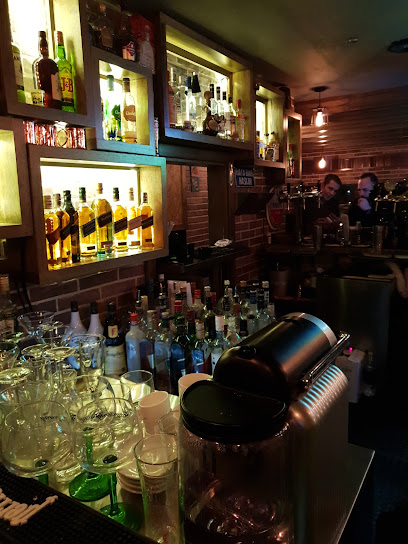
District Urban Rooftop
Experience Amman's nightlife at District Urban Rooftop, where stunning city views meet an exciting bar atmosphere in the heart of the capital.
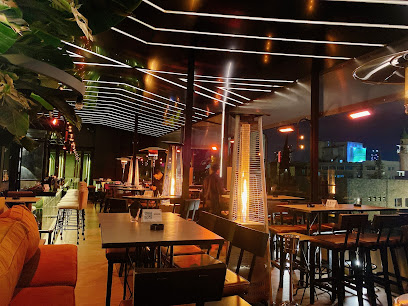
Maestro Bar and Restaurant
Discover the vibrant culinary experience at Maestro Bar and Restaurant, where local flavors meet international cuisine in the heart of Amman.
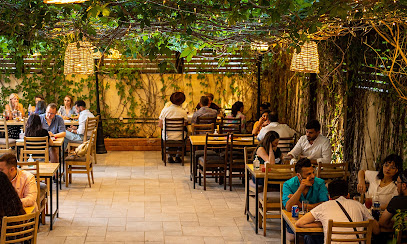
Houston's Restaurant And Pub
Discover the flavors of Amman at Houston's Restaurant And Pub, where delicious grilled specialties meet a warm and inviting atmosphere.
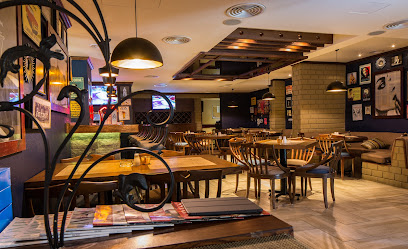
C.LING Rooftop
Experience breathtaking views and vibrant nightlife at C.LING Rooftop, the ultimate pub and restaurant in Amman.
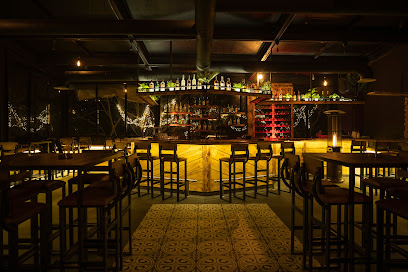
Chaos
Experience the vibrant nightlife at Chaos Bar in Amman, where great drinks and a lively atmosphere await every visitor.
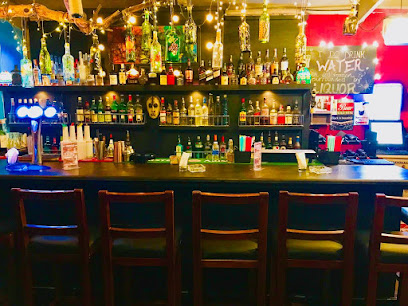
Odyssey Bistro Pub
Discover the vibrant culture of Amman at Odyssey Bistro Pub, a lively bar offering an array of drinks and a warm, inviting atmosphere.
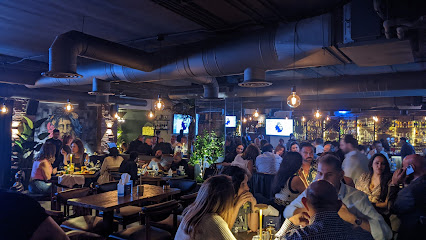
Iguana Rooftop
Experience the vibrant nightlife of Amman at Iguana Rooftop, where stunning views and crafted cocktails meet under the stars.
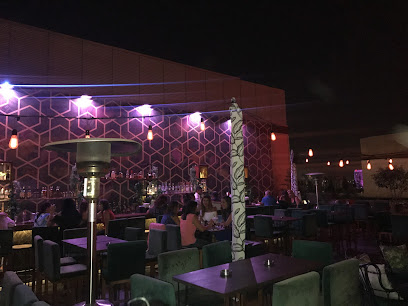
Travel experiences inspired by this city
Explore more travel diariesLocal Phrases
-
- Helloمرحبا
[marhaba] - Goodbyeوداعا
[wadaan] - Yesنعم
[naam] - Noلا
[laa] - Please/You're welcomeمن فضلك
[min fadlik] - Thank youشكرا
[shukran] - Excuse me/Sorryعذرا
[aathir] - How are you?كيف حالك؟
[kayf halak?] - Fine. And you?بخير. وأنت؟
[bikhair. wa ant?] - Do you speak English?هل تتكلم الإنجليزية؟
[hal tatakallam al'injlizia?] - I don't understandأنا لا أفهم
[ana la afham]
- Helloمرحبا
-
- I'd like to see the menu, pleaseأريد أن أرى القائمة، من فضلك
[ureed an ara alqaimah, min fadlik] - I don't eat meatأنا لا آكل اللحم
[ana la aakol allahm] - Cheers!في صحتك
[fi sahtak] - I would like to pay, pleaseأود أن أدفع، من فضلك
[awad an adfaa, min fadlik]
- I'd like to see the menu, pleaseأريد أن أرى القائمة، من فضلك
-
- Help!النجدة!
[alnajdah!] - Go away!انصرف!
[ansarf!] - Call the Police!اتصل بالشرطة!
[itassal bilshurtah!] - Call a doctor!اتصل بطبيب!
[itassal bitabib!] - I'm lostأنا ضائع
[ana dae'] - I'm illأنا مريض
[ana mareed]
- Help!النجدة!
-
- I'd like to buy...أريد أن أشتري...
[ureed an ashtari...] - I'm just lookingأنا فقط أتطلع
[ana faqat atatlou] - How much is it?كم سعره؟
[kam sa'ruh?] - That's too expensiveهذا غالي جدا
[hatha ghali jiddan] - Can you lower the price?هل يمكنك خفض السعر؟
[hal yumkinuk kaff alsa'r?]
- I'd like to buy...أريد أن أشتري...
-
- What time is it?كم الساعة؟
[kam alssaa'ah?] - It's one o'clockالساعة الواحدة
[alssaa'ah alwahidah] - Half past (10)الساعة نصف العاشرة
[alssaa'ah nisf alaashirah] - Morningصباح
[sabah] - Afternoonمساء
[masaa] - Eveningمساء
[masaa] - Yesterdayأمس
[ams] - Todayاليوم
[alyawm] - Tomorrowغدا
[ghadan] - 1واحد
[wahid] - 2اثنان
[ithnayn] - 3ثلاثة
[thalatha] - 4أربعة
[arba'ah] - 5خمسة
[khamsah] - 6ستة
[sittah] - 7سبعة
[sab'ah] - 8ثمانية
[thamaniyah] - 9تسعة
[tis'ah] - 10عشرة
[asharah]
- What time is it?كم الساعة؟
-
- Where's a/the...?أين المكان...
[ayna almakan...] - What's the address?ما هو العنوان؟
[ma hu al'unwan?] - Can you show me (on the map)?هل يمكنك أن تريني (على الخريطة)؟
[hal yumkinuk an tureeni (ala alkhareeta)?] - When's the next (bus)?متى الحافلة القادمة؟
[mata alhafilah alqadimah?] - A ticket (to ....)تذكرة (إلى ...)
[tathkirah (ila ...)]
- Where's a/the...?أين المكان...
History of Amman
-
Amman, originally known as Rabbath Ammon, was the capital of the Ammonites, an ancient Semitic-speaking people, during the Iron Age. This period, dating back to the 13th century BCE, is marked by significant archaeological finds including fortresses and temples that offer a glimpse into the early urbanization of the region.
-
In the 3rd century BCE, the city was conquered by the Greeks and renamed Philadelphia in honor of Ptolemy II Philadelphus. Under Roman rule from 63 BCE, Philadelphia flourished as a member of the Decapolis, a league of ten cities. The era saw the construction of grand structures such as the Roman Theater, Odeon, and Nymphaeum, which still stand as testaments to the city's classical heritage.
-
In the 7th century CE, the city, now known as Amman, came under Islamic rule during the Rashidun Caliphate. The subsequent Umayyad period saw Amman become a significant administrative center. The remnants of Umayyad architecture, including the Amman Citadel and the Umayyad Palace, reflect the city's importance during this era.
-
Amman fell under Ottoman control in the early 16th century. For several centuries, it remained a small, largely uninhabited village until the late 19th century when the Ottoman authorities resettled Circassian refugees there. This period marked the beginning of Amman's transformation into a modern urban center.
-
With the establishment of the Emirate of Transjordan in 1921, Amman was chosen as the capital. Under King Abdullah I, the city began to expand rapidly. Following Jordan's independence in 1946, Amman continued to grow, becoming the political, cultural, and economic hub of the nation. The influx of Palestinian refugees in 1948 and 1967 further accelerated its development.
-
In recent decades, Amman has experienced a cultural renaissance, with numerous museums, art galleries, and cultural festivals emerging throughout the city. Landmarks such as the Jordan Museum and the Royal Automobile Museum offer insights into both Jordan's ancient past and modern achievements. The city has become a vibrant melting pot of traditions and innovations, reflecting its rich history and dynamic future.
Amman Essentials
-
Amman is served by Queen Alia International Airport (AMM), located about 35 kilometers south of the city. The airport is well-connected with direct flights from major cities across Europe, Asia, the Middle East, and North America. From the airport, you can take a taxi, airport shuttle, or rent a car to reach the city center. Taxis are the most convenient and cost around 20-25 Jordanian Dinars (JOD). Public buses also run from the airport to central Amman, offering a budget-friendly option.
-
Amman has a range of transportation options. Taxis are widely available and relatively inexpensive, with metered fares starting at 0.25 JOD. Ride-hailing apps like Uber and Careem are also popular. Public buses and minibuses (known as 'service taxis') cover most areas of the city, though they can be crowded and less reliable. For those looking to explore beyond Amman, renting a car is a good option, with several rental agencies available in the city.
-
The official currency is the Jordanian Dinar (JOD). Credit cards are widely accepted in hotels, restaurants, and shops in Amman, but it's advisable to carry some cash for smaller establishments and local markets. ATMs are plentiful throughout the city. Currency exchange services are available at the airport, banks, and exchange offices. Tipping is customary in Jordan, typically around 10% in restaurants and for other services.
-
Amman is generally a safe city for tourists, but it's always good to take standard precautions. Avoid walking alone at night in unfamiliar areas and keep an eye on your belongings in crowded places. Areas like Downtown Amman and Jabal Amman are popular with tourists and generally safe, but be cautious of pickpockets. Avoid East Amman suburbs and refugee camp areas, as they may have higher crime rates.
-
In case of emergency, dial 911 for police, ambulance, or fire services. Amman has several well-equipped hospitals and clinics. It is recommended to have travel insurance that covers medical emergencies. For minor health issues, pharmacies are widely available and can provide over-the-counter medications. The main public hospital is Al-Bashir Hospital, and there are several private hospitals such as the King Hussein Medical Center.
-
Fashion: Do dress modestly, especially in religious and public places. Avoid wearing revealing clothing. Religion: Do respect local customs and traditions. Always cover your head and dress modestly when visiting mosques. Public Transport: Do be respectful and give up your seat to elderly passengers. Don’t eat or drink on public transport. Greetings: Do greet people with a handshake. Use the right hand for both giving and receiving items. Eating & Drinking: Do try local delicacies and accept food offerings graciously. Don’t refuse hospitality, as it is considered impolite.
-
To experience Amman like a local, visit the bustling souks (markets) such as Souk Jara and Downtown Amman for fresh produce, spices, and local crafts. Engage with locals over a cup of Arabic coffee or a meal at a traditional Jordanian restaurant like Hashem Restaurant. Don't miss out on exploring the historic Citadel and Roman Theatre. For a unique experience, take a walk down Rainbow Street, known for its vibrant cafes, shops, and street art.
Trending Landmark in Amman
-
Amman Citadel
-
Roman Theater
-
Amman National Park
-
The Jordan Museum
-
Landmark Amman Hotel & Conference Center
-
King Abdullah I Mosque
-
King Abdullah II Park
-
Roman Temple of Hercules
-
Zahran Park
-
وسط البلد
-
Roman Nymphaeum
-
Jordan National Gallery of Fine Arts
-
Old Signs of Amman Museum
-
Qasr Al-Abed
-
Darat al Funun-The Khalid Shoman Foundation
Nearby Cities to Amman
-
Things To Do in Salt
-
Things To Do in Madaba
-
Things To Do in Jerash
-
Things To Do in Mafraq
-
Things To Do in Dead Sea
-
Things To Do in Irbid
-
Things To Do in Jerusalem
-
Things To Do in Beit She'an
-
Things To Do in Bethlehem
-
Things To Do in Ein Gedi
-
Things To Do in Umm Qais
-
Things To Do in Modi'in
-
Things To Do in Azraq
-
Things To Do in Kerak
-
Things To Do in Masada



















